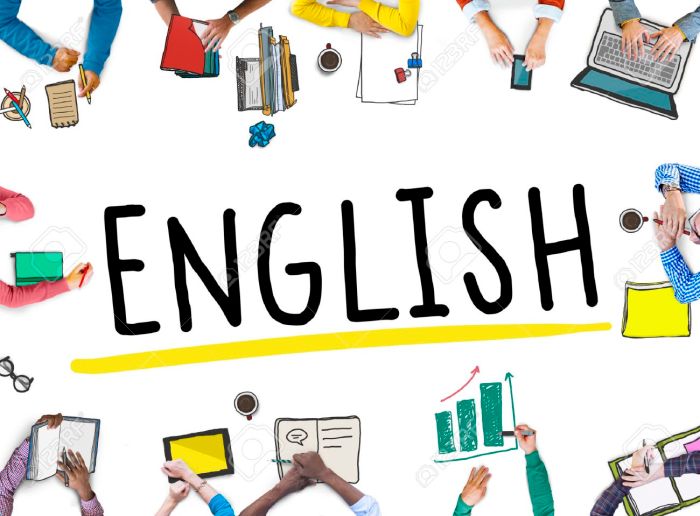Verbal Ability – Determiners – Notes For W.B.C.S Examination.
মৌখিক ক্ষমতা – নির্ধারক – WBCS পরীক্ষার জন্য নোট।
Determiners give information about nouns. They say something specific about a noun when used with them. This function is usually performed by articles, demonstratives, possessive determiners, or quantifiers.Continue Reading Verbal Ability – Determiners – Notes For W.B.C.S Examination.
Important Tips
Determiners are always followed by a noun as they modify the noun, so subject pronouns like (I, you, he, they, we, etc.) and possessive pronouns like (mine, yours, his, hers, its, theirs, etc.) cannot be determiners, as they are never followed by nouns.
For Example
| Determiners | Possessives | Subject Pronouns |
|---|---|---|
| The man is crying. | This book is mine | He is good. |
| This book is good. | That house is his. | She is absent. |
| Some guys are bad. | This meal is yours. | They are at home. |
| My book is missing. | This car is theirs. | They own this car. |
Types of determiners
Articles
- Definite article — the
- Indefinite article — a/an (‘a’ is used before consonant sounds; ‘an’ is used before vowel sounds.)
For Example
- Close the door, please.
- I’ve got a friend in Canada.
- I had an egg today.
Demonstratives
There are four demonstrative determiners in English (this, that, these and those)
For Example
- This is my camera.
- Those horses are mine.
- These books are good.
- That tree is old.
Using Demonstratives with Singular and Plural Nouns
- Use this to indicate a person or thing near you. For example − This book is good, this is yesterday’s newspaper.
- Use that to indicate a person or thing far from you. For example − That desk belongs to Janhavi, that printer is old
- Use these to indicate people or things near you. For example − These presentations are for the client, these students are toppers in the class.
- Use those to indicate people or things far from you. For example − Those folders are confidential, those soccer players were great.
- Use this, that, these, and those before nouns to identify and describe people and things.
- This dress is my favorite.
- That little boy in the photo is my niece.
- These charts are useful.
- Those documents are useless.
Important Tips
You can only use this and these as pronouns to introduce people. For example − This is Caveri, these are my friends.
Making questions out of Demonstratives
To indicate people, make questions using who is . . .?
- Who is she?
- Who is that guy?
To indicate things, ask questions using what is . . .?
- What is that smell?
- What is that thing on the table?
To ask about the price of something, ask questions using how much …?
- How much for the bike?
- How much did you pay for the dress?
Important Tips
Questions on identifying things that have this and that should be answered with it. If the questions are on identifying people, use pronouns as per
- How much is this copier?It’s $100.
- Who is that lady?She’s my boss.
Questions that have these and those should be answered with they.
- Are these your reports?Yes, they are.
- Who are those people?They are my friends.
Possessives
Possessives are determiners that describe the ownership of nouns − my, your, his, her, its, our, your, their.
Possessive Nouns
Possessive nouns express ownership. For example − Rajat’s bag, Mukesh’s flat, Vineet’s questions, etc. The formula is to use (noun + ’s).
For Example
- This bag belongs to Rajat.This is Rajat’s bag. (Here the noun, ‘Rajat’ has been added with ‘s)
When the possessive pronouns are plural words, the rules follow a different pattern. The formula is to use (Plural noun + s’).
For example
- This hostel is for the boys.This is the boys’ hostel. (The plural noun ‘students’ added with s’)
Important Tips
Possessive determiners are different from possessive pronouns − mine, his, hers, yours, ours, their. Possessive pronouns can stand alone and are not followed by nouns. Possessive determiners, on the other hand, are followed by nouns.
- This is my home. (‘My’ is a possessive determiner, and is followed by the noun ‘house’)
- Is this book yours? (‘Yours’ is a possessive pronoun, so it stands alone and is not followed by a noun.)
Important Tips
The following table explains the respective usage of possessives as per usage −
| Possessive Nouns | I | We | You | He | She | It | They |
| Possessive Determiners | My | Our | Your | His | Her | Its | Their |
| Possessive Pronouns | Mine | Ours | Yours | His | Hers | Its | Theirs |
Our own publications are available at our webstore (click here).
For Guidance of WBCS (Exe.) Etc. Preliminary , Main Exam and Interview, Study Mat, Mock Test, Guided by WBCS Gr A Officers , Online and Classroom, Call 9674493673, or mail us at – mailus@wbcsmadeeasy.in
Visit our you tube channel WBCSMadeEasy™ You tube Channel
Please subscribe here to get all future updates on this post/page/category/website



 Toll Free 1800 572 9282
Toll Free 1800 572 9282  mailus@wbcsmadeeasy.in
mailus@wbcsmadeeasy.in


















































































































